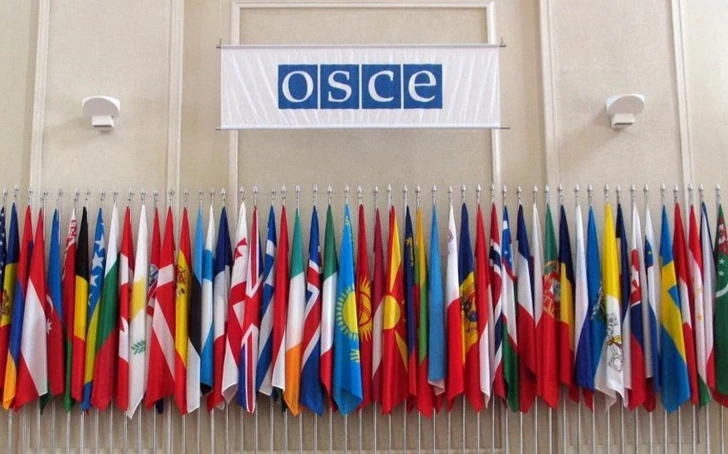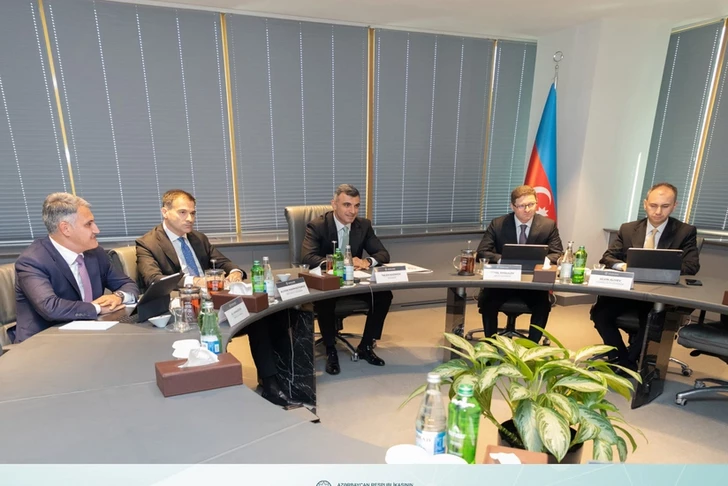BAKU — September 2, 2025.
The Organization for Security and Co-operation in Europe (OSCE) has formally dissolved the Minsk Group and related structures, ending more than three decades of international mediation over the Armenian-Azerbaijani conflict.
The decision was adopted by the OSCE Ministerial Council on September 1, following a joint appeal by the foreign ministers of Azerbaijan and Armenia. The letter was sent after the August 8 meeting in Washington between President Ilham Aliyev, Prime Minister Nikol Pashinyan, and U.S. President Donald Trump.
——
Read More From Azerbaijan.us
Prof. Namik Aliyev — Why the Minsk Group’s demise was inevitable. Read his interview →
Dr. Talyibzade — Peace requires Armenia to renounce territorial claims. See her perspective →
Ilgar Velizade — Post-conflict agenda: integration and green energy corridors. Explore the analysis →
Namazov’s View — Washington agreements and the road to lasting stability. Read more →
——
According to Azerbaijan’s Foreign Ministry, the move terminates the work of the OSCE’s Personal Representative for the conflict and the High-Level Planning Group. The OSCE Secretariat has been instructed to complete administrative and technical closure procedures by December 1. All previous OSCE decisions related to the conflict have also been nullified.
Officials in Baku stressed that the decision both reflects Azerbaijan’s restored territorial integrity and advances the Washington peace agenda agreed last month. “Azerbaijan will continue its principled and consistent position, based on international law, to strengthen peace and stability in the region,” the ministry said.
Expert reactions
Analysts in Baku and beyond described the development as historic. Gela Vasadze, senior fellow at the Georgian Center for Strategic Analysis, said to Media.Az, the decision “removes even the formal question of Karabakh’s status from the international arena. From yesterday, this issue is closed not only for Azerbaijan, but also for all OSCE member states.”
Azerbaijani security expert Ilham Ismayil noted that the Minsk Group had long since become irrelevant. “It was obvious that after 33 years it could not solve the problem,” he said. “Azerbaijan restored its territorial integrity on the basis of international law — and the question is closed.”
Ismayil added that the dissolution eliminates the leverage once held by the group’s co-chairs — the United States, France, and Russia. “This agreement is an official victory for Baku. It removes external pressure from the South Caucasus and opens the path to peace, stability and economic development,” he said.
Regional significance
Experts underline that the dissolution clears the way for Baku and Yerevan to advance direct negotiations without third-party mediation. “After reconciliation between Azerbaijan and Armenia, outside interference is no longer acceptable,” Ismayil stressed.
The move, seen as an initiative driven by Azerbaijan, represents a formal close to the Karabakh conflict on the international stage and signals a shift toward a new phase of regional cooperation and development.










